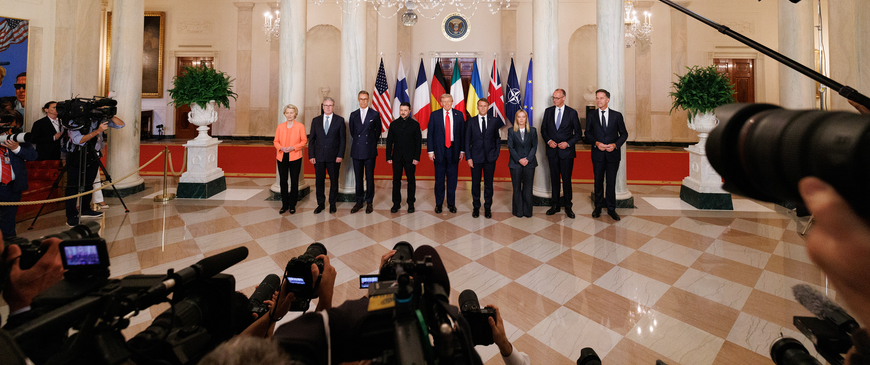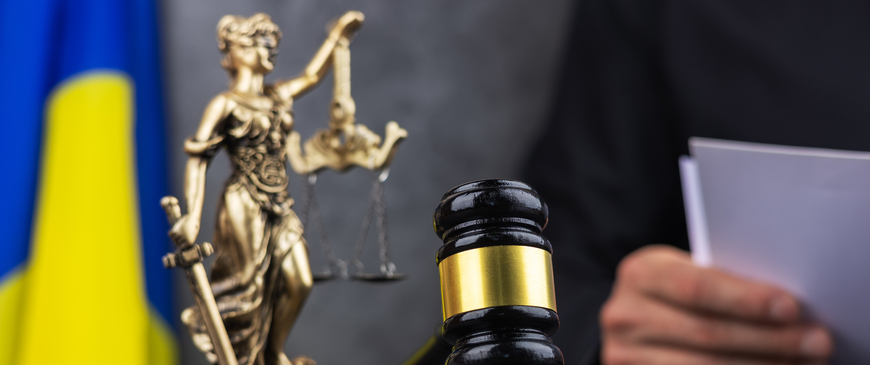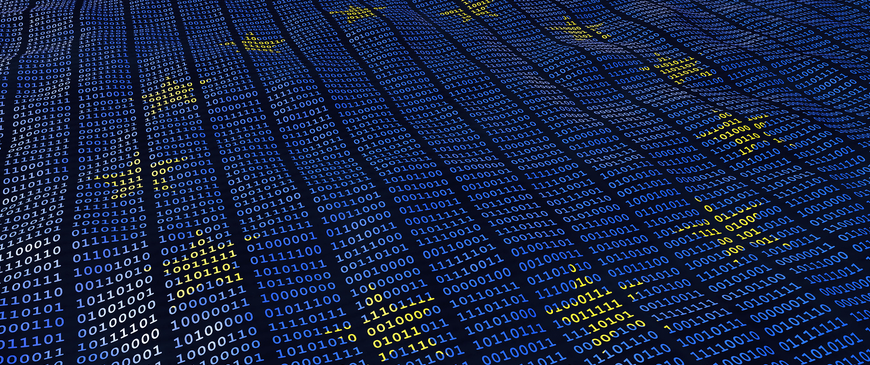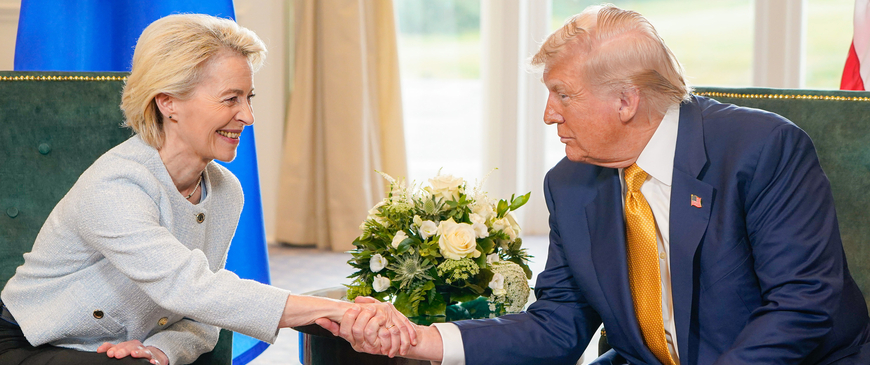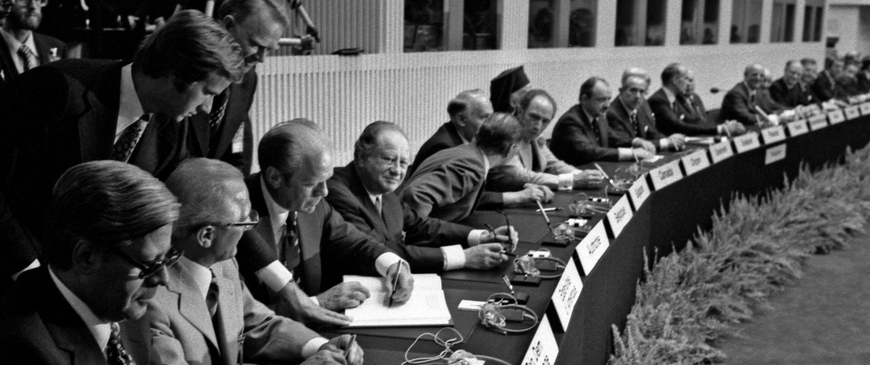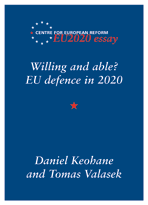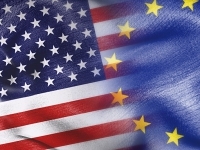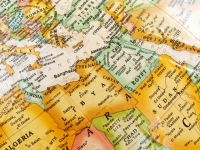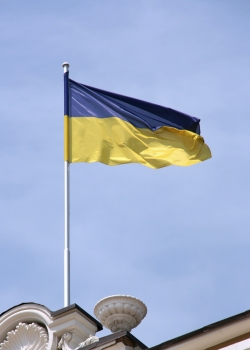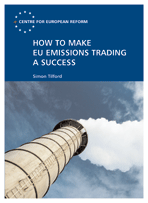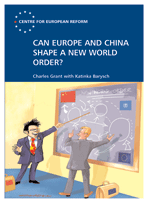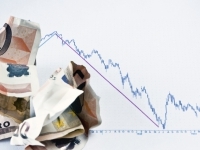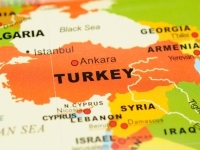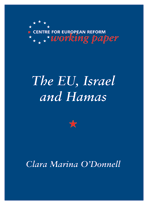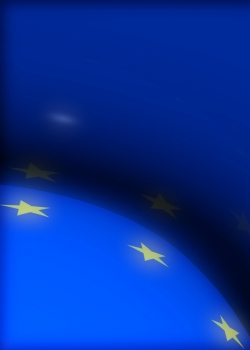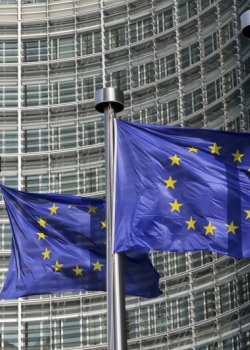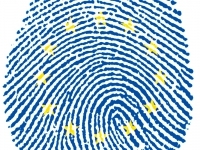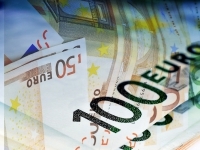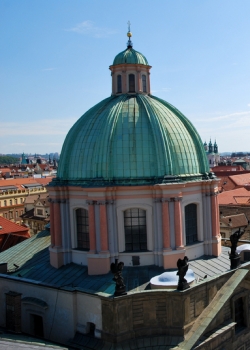Research
Willing and able? EU defence in 2020
02 June 2008
Demand for military forces is growing. And the Europeans increasingly turn to the EU when in need of troops for peacekeeping or for delivering humanitarian aid. But will the EU be able to keep up with the demand?
Issue 60 - 2008
30 May 2008
- Towards better days in EU-US relations, Tomas Valasek
- Four pillars for an EU-India partnership, Charles Grant
- Europe can afford to curb greenhouse gases, Simon Tilford
What Arab countries think of democracy
21 May 2008
Earlier this month, the Arab Reform Initiative (ARI) presented its first report on the state of democratic reform in the Arab world. ARI is a consortium of a dozen leading Arab research institutes which try to promote peaceful democratic reform across the Middle East (CER and a few other non-Arab think-tanks are associated with the initiative).
France, NATO and European defence
12 May 2008
France and the UK are close to an agreement that would dramatically improve relations EU and NATO. The two institutions currently make poor partners. Besides Franco-disagreements, Turkish squabbles with the EU also impede EU-NATO co-operation.
France finds a friend in Ukraine
02 May 2008
The government of Nicolas Sarkozy has launched a charm offensive towards Ukraine. French diplomats in Brussels have begun saying that Ukraine should have a ‘privileged’ status with the EU.
How to make EU emissions trading a success
01 May 2008
The European Union has set ambitious targets to limit greenhouse gases. But it will not be able to meet these targets without an effective market for trading carbon emissions.
Can Europe and China shape a new world order?
01 May 2008
A new world order is emerging, with multiple centres of power. But will this order be multilateral, with governments accepting global rules and institutions? Or will the strongest states assert their interests unilaterally, without regard to international law?
Lessons from the credit crunch
23 April 2008
The world economy is going through its greatest financial crisis since the 1930s Great Depression. Who – or what – is to blame for the credit crunch?
Turkey's turmoil, the EU's reaction
10 April 2008
Political turmoil is nothing new in Turkey. After six years of unusual stability, tensions have mounted since early 2007. The army threatened to topple the AKP government in case it made Abdullah Gul president.
The EU, Israel and Hamas
04 April 2008
The US has embarked on a new attempt to solve the Arab-Israeli conflict, backed by wide international support. But the situation on the ground between Israel and the Palestinians is so bad that peace looks out of reach for now.
Eurozone economic outlook: Too much complacency
03 April 2008
A year ago the prospect of the dollar falling to 1.60 against the euro would have brought on cold sweats across Europe. Yet, here we are and there is no sense of crisis.
For a new Iran policy
01 April 2008
For almost six years now the West has tried – and failed – to stop the Iranian nuclear programme. Instead, nuclear enrichment has become a matter of Iranian national pride and sovereignty.
Applicants sought for new Council president
01 April 2008
Are you bright, agreeable, and good with languages? Do you have a track record of running an EU country? Are you looking for a new opportunity to work with European and world leaders? Then we, the EU’s heads of state and government, would like to hear from you.
The Lisbon treaty,...
The Lisbon treaty,...
Liberal reforms are no threat to social Europe
01 April 2008
Europeans have long sought to reconcile markets with social solidarity. The EU’s economic reform programme, the Lisbon agenda, falls squarely within this tradition. Launched in 2000, its vaulting ambition was to turn the EU into the “most competitive and dynamic knowledge-based economy in the world by 2010”.
The new politics of EU internal security
28 March 2008
EU interior ministers are racing to finish a raft of new legislation on terrorism, crime and illegal immigration by the end of the year. One reason for their sudden sense of urgency is politics.
Issue 59 - 2008
28 March 2008
- Liberal reforms are no threat to social Europe, Philip Whyte
- For a new Iran policy, Christoph Bertram
- Applicants sought for new Council president, Hugo Brady
A joint response to the credit crunch
19 March 2008
Ailing banks are being rescued, markets remain frozen, economic numbers are becoming gloomier. Of course, central banks and governments are focusing on fire-fighting, on cutting interest rates, on providing cash to liquidity-starved banks and to consumers.
Dmitry Medvedev - Putin clone or the new man?
13 March 2008
As Dmitry Medvedev walked across Red Square to join the concert celebrating his crushing victory in the Russian presidential elections, he could have been forgiven for wondering whether he had reached the pinnacle of achievement or been handed a poisoned chalice.
The Czechs in the EU: In the middle of the class
10 March 2008
On a recent visit to Prague, people kept asking me how the Czech Republic was doing as EU member-state, and whether it was a successful member.

